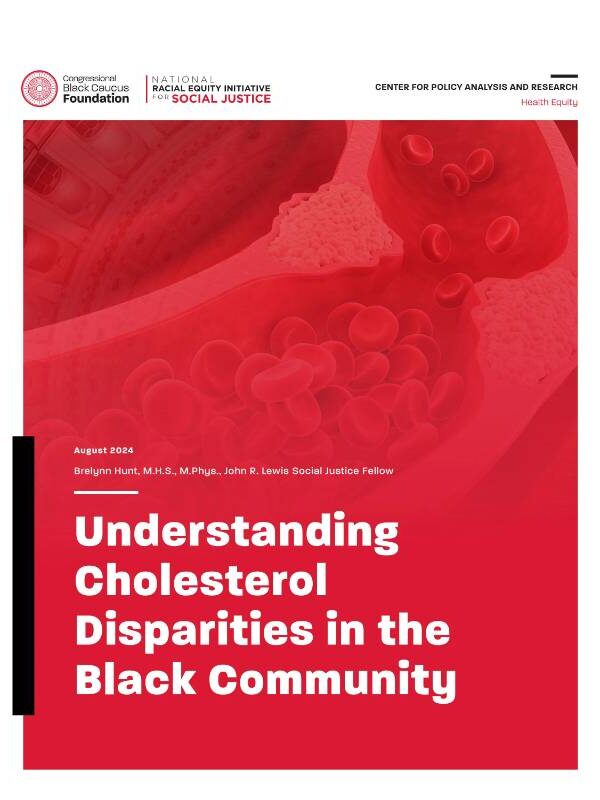
Understanding Cholesterol Disparities in the Black Community
This brief provides an in-depth analysis of cholesterol, including its disproportionate impact on the Black community and its role in increasing risk factors for other illnesses. Additionally, the author addresses misconceptions about cholesterol health and outlines steps to reduce high cholesterol levels.
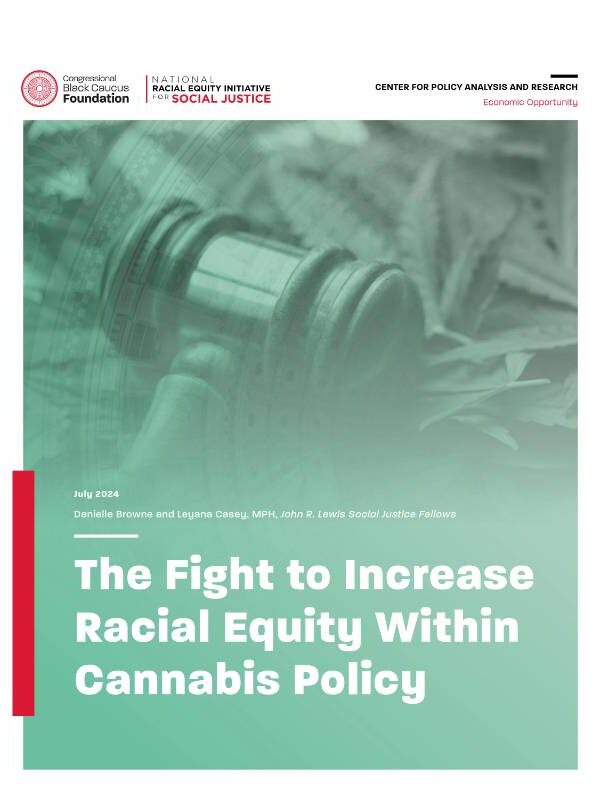
The Fight to Increase Racial Equity within Cannabis Policy
This brief outlines the history of cannabis policy in the United States and examines the current landscape for cannabis legalization at the state level. Additionally, the authors analyze a policy proposal aimed at lowering the barriers for Black entrepreneurs entering the cannabis industry.

NREI 2022 Annual Report
This 2022 Annual Report provides an overview of the National Racial Equity Initiative for Social Justice (NREI) to capture our progress on priorities in 2022. As NREI embarks on its third year of operations, we eagerly anticipate the meaningful work that lies ahead in 2023.

Burning Issues: Heat Islands, Environmental Victimization, and Economic Disparities in Black Communities
This report examines the intersectional dynamics of UHIs and their effects on the Black community, exploring the underlying drivers, socioecological impacts, and policy implications of UHI-induced environmental victimization.
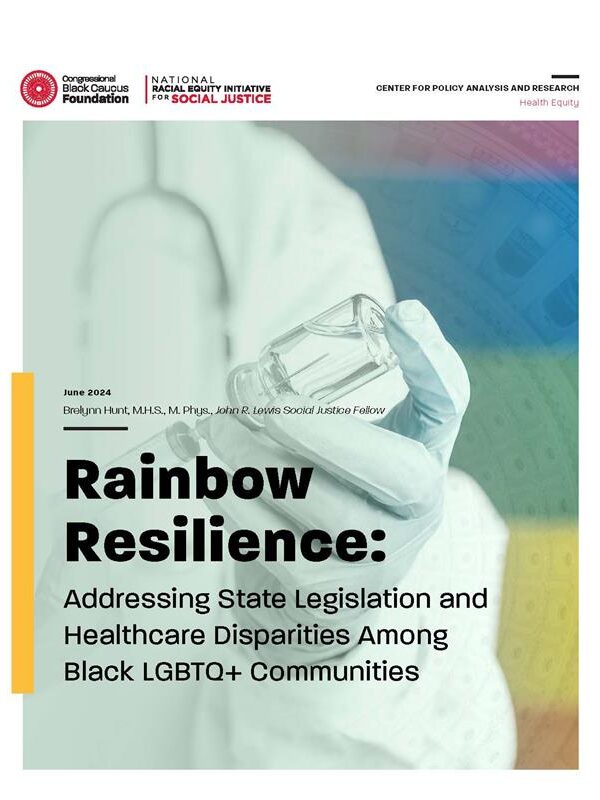
Rainbow Resilience: Addressing State Legislation and Healthcare Disparities Among Black LGBTQ+ Communities
This policy brief highlights how recent changes in LGBTQ+ healthcare legislation across states particularly impact Black LGBTQ+ communities, necessitating urgent advocacy for policies that safeguard their rights and ensure equitable access to healthcare.
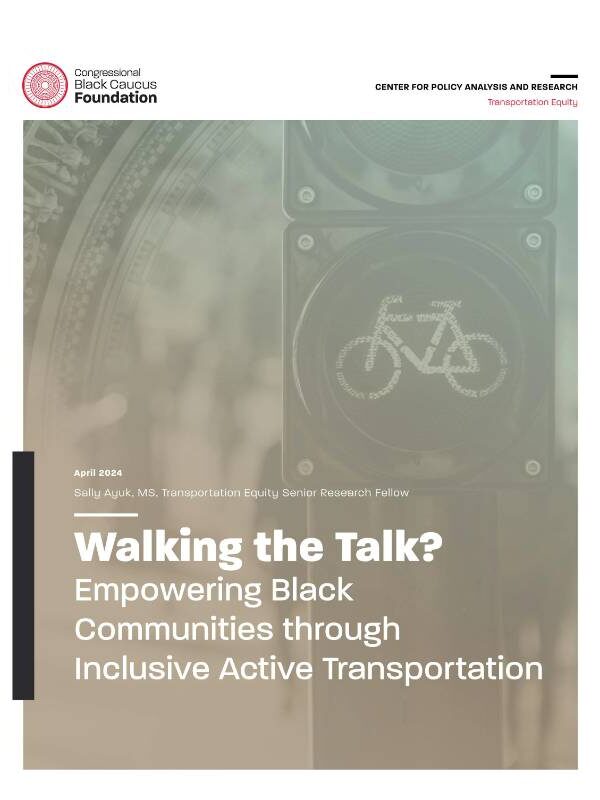
Walking the Talk: Empowering Black Communities Through Inclusive Active Transportation
This research brief reveals sidewalk quality differences and broader problems in implementing equitable sidewalk infrastructure across various areas. It stresses the importance of accessible active transportation networks for social inclusion and equity and gives policy solutions for underprivileged communities. The brief urges urban and community planners, elected officials, local and regional governments, and advocates to prioritize pedestrians to improve transportation networks, particularly in Black neighborhoods.

Economic Resurgence: Black Employment in Transition
This policy brief delves into the economic trends affecting Black Americans, examining past and present factors such as the COVID-19 pandemic’s effects on employment, the rise of remote job opportunities, and the growth of self-employment.
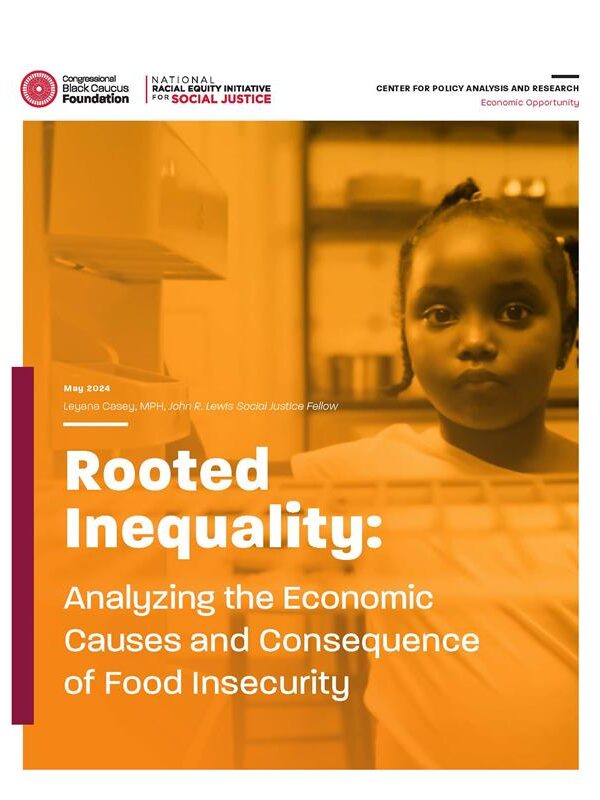
Rooted Inequality: Analyzing the Economic Causes and Consequences of Food Insecurity
Food insecurity and economic mobility in the Black community are intricately connected. This policy brief explores the socioeconomic determinants of food security and their impact on the economic mobility of the Black community.
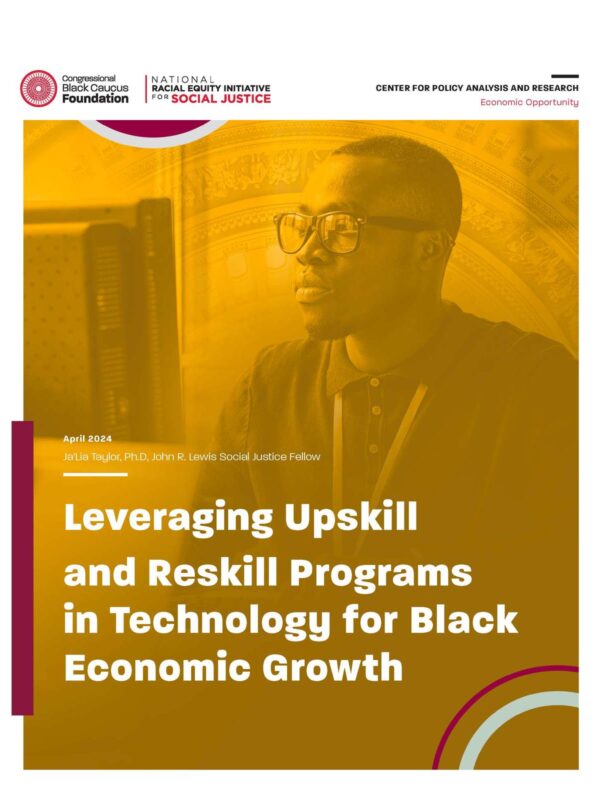
Leveraging Upskill and Reskill Programs in Technology for Black Economic Growth
This policy brief identifies how investing in workforce development for Black individuals provides a pathway to not only addressing the talent deficit but also serves to dismantle systemic barriers and create opportunities for economic advancement.
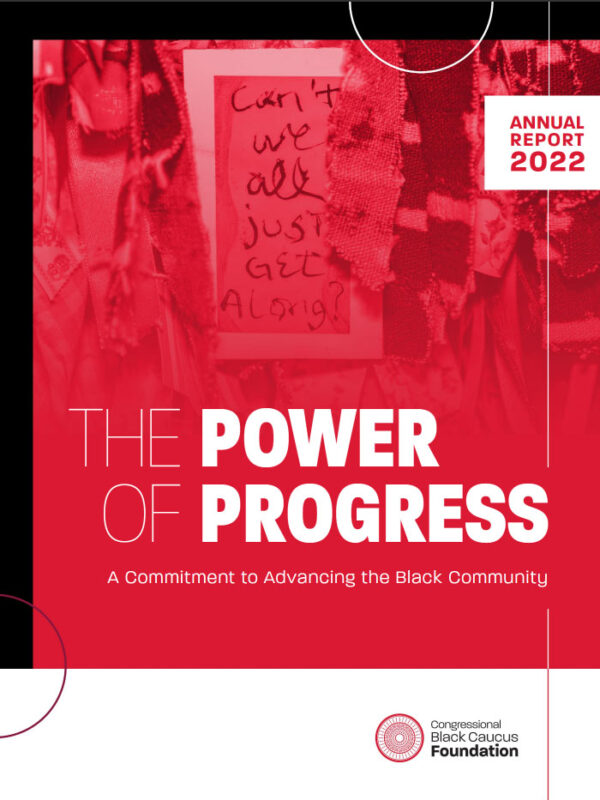
2022 Annual Report
Read the 2022 Annual Report by the Congressional Black Caucus Foundation.

